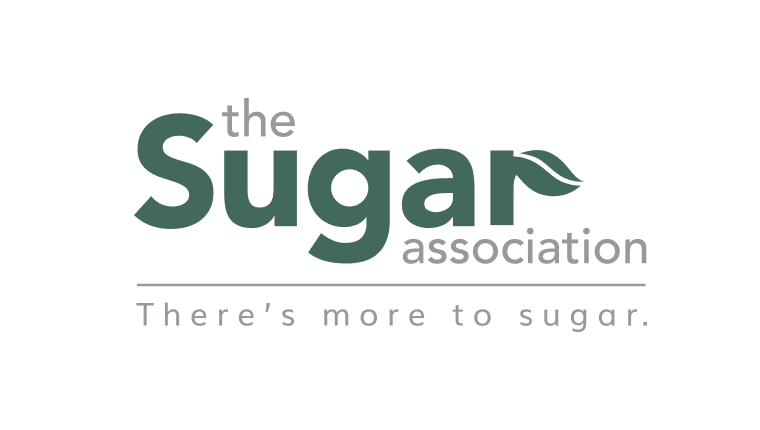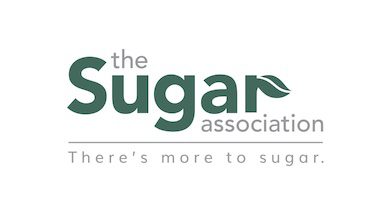

June 29, 2020
Washington, D.C. – The Sugar Association today released a new consumer research report showing grocery shoppers are confused about the use of sugar substitutes in packaged food. While once limited to use as tabletop sweeteners and ingredients in diet foods, alternative sweeteners can now be found in a variety of consumer products including bread, cereals, granola bars, yogurt, ice cream, flavored milk, and children’s beverages. 1 Yet, current labeling practices do not clearly disclose their presence in consumer products. Participants in the nationally-representative survey preferred additional labeling disclosures by food companies as a remedy for the lack of transparency on labels for low- and no-calorie sweeteners.
“This research shows consumers are interested in knowing what is in their foods and realize that additional, and non-misleading, information is needed for them to make informed decisions about the food products they purchase and consume,” said Courtney Gaine, PhD, RD, President and CEO of the Sugar Association. “This data reinforces our decision to file a Citizen Petition with the FDA asking the agency to extend labeling transparency to the growing range of alternative sweeteners in the food supply.”
Key data points in the research supporting labeling for low- and no-calorie sweeteners, conducted by Quadrant Strategies for the Sugar Association, show:
Read the full research report here.
Information about sugar substitutes is just as important to consumers as information about added sugars. Food labeling is intended to help consumers make informed decisions, yet current labeling regulations fail to provide consumers accurate and clear information about the use of low- and no-calorie sweeteners.
The Sugar Association’s FDA Citizen Petition, filed on June 3, 2020, asks the FDA to require the following changes to food labeling by issuing official industry guidance supported by the Agency’s enforcement discretion:
“Consumers deserve to know what is in their food, and these changes, when enacted, will provide shoppers with complete transparency for all sweeteners used in foods and beverages,” concluded Dr. Gaine.
###
The Sugar Association, founded in 1943, is the scientific voice of the U.S. sugar industry. The association is committed to making a difference by continuously supporting scientific research and sharing its knowledge that there’s more to sugar by increasing consumer understanding of and confidence in the role that sugar plays in a nutritious, balanced and enjoyable diet. The Sugar Association represents nearly 12,000 beet and cane sugar growers, as well as processors and refiners of sugar. The U.S. sugar industry generates 142,000 jobs in 22 states and contributes $20 billion to the economy annually. For more information, visit www.sugar.org, follow us on Twitter and Instagram, and connect with us on Facebook.
“MEDIA CONTACT:
Steph Saullo
ssaullo@dsmstrategic.com
386-871-8697″

January 14, 2025
January 14, 2025 (Washington, D.C.) – The following reaction statement is attributable to Sugar Association President and CEO Courtney Gaine, PhD, RD: “The Sugar Association supports transparency, but this draft label offers only the illusion of transparency – it entirely leaves out total calories and the use of industrial additives like artificial sweeteners. In fact, […]

December 19, 2024
December 19, 2024 (Washington, D.C.) – The following reaction statement is attributable to Sugar Association President and CEO Courtney Gaine, PhD, RD: “The Sugar Association supports the Dietary Guidelines recommendation to limit added sugars to 10% of total calories, but the new “healthy” definition goes well beyond that recommendation and arbitrarily excludes many foods containing […]

December 10, 2024
December 10, 2024 (Washington, D.C.) – Americans feel more confident about managing their sugar intake when they know the Dietary Guidelines recommendation to limit added sugars to less than 10% of their total calories, and the Sugar Association welcomes the Dietary Guidelines Advisory Committee (DGAC) reaffirmation of that guideline. The added sugars guideline is a […]
© 2025 The Sugar Association, Inc. All rights reserved.
Get Social with #MoreToSugar